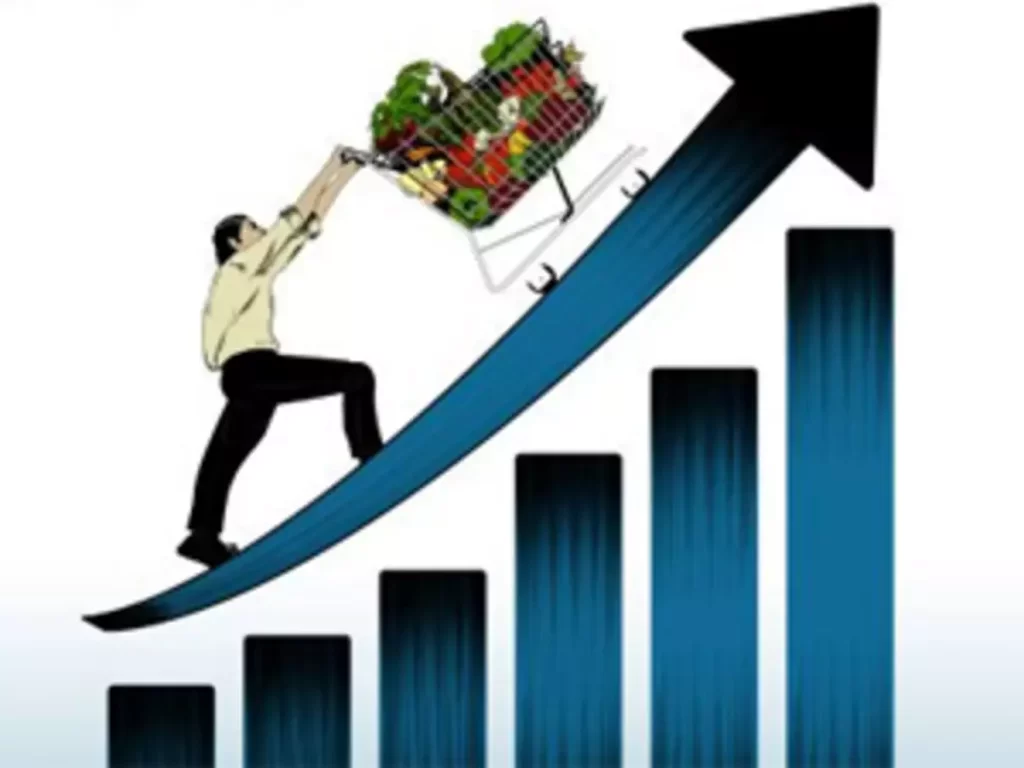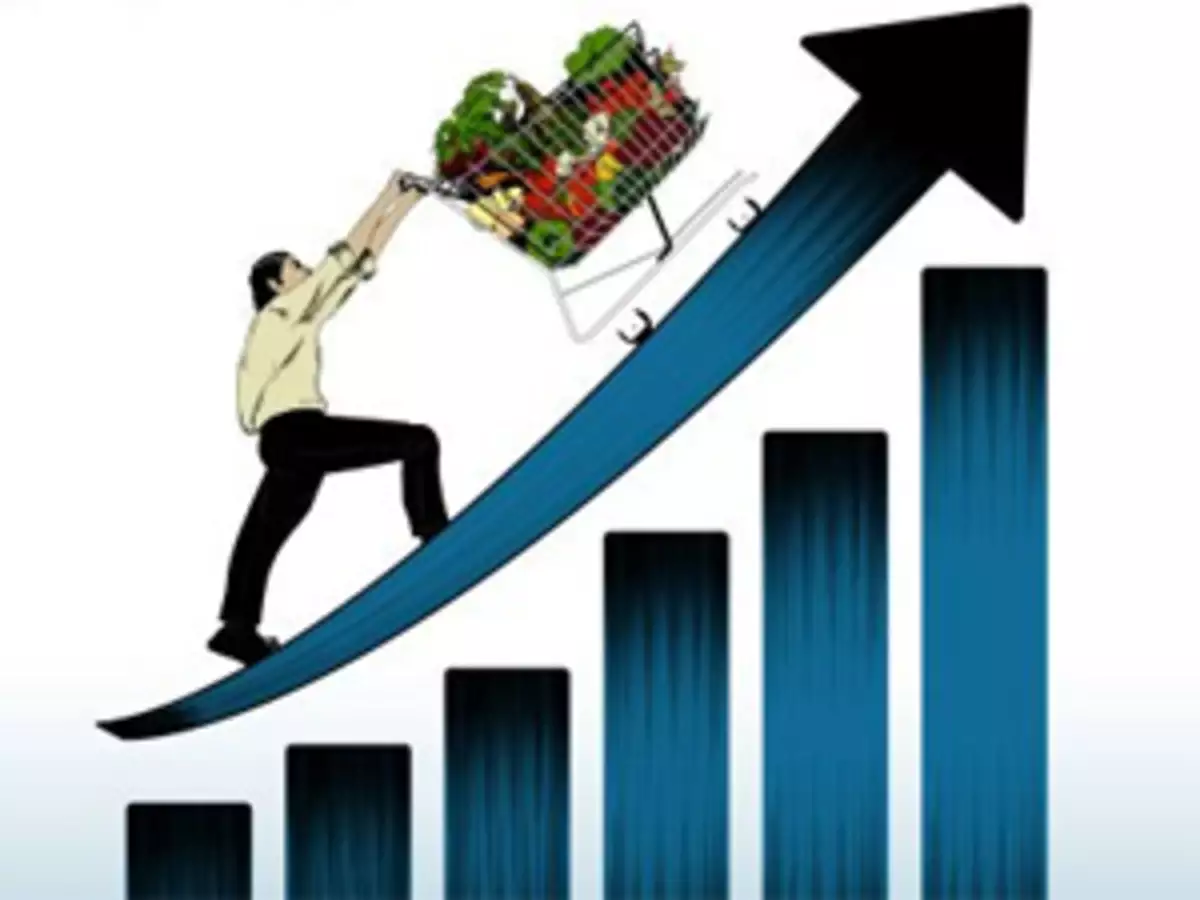RAMAZAN ‘LOOT’: Come Ramazan, and the prices of essential commodities, especially food items such as vegetables and fruits, touch the sky. Faithful Muslims prefer to consume lots of fruits and other healthy food items during this month to keep their health in good condition and beat the effects of metabolic changes caused by dawn-to-dusk fasting.
However, the black sheep in the market exploit this trend to fleece the consumers. Although the concerned authorities keep a vigil to check the prices of fruits and vegetables, these efforts usually fall short to keep the prices under control. It would not be far-fetched to say that the price control measures adopted by the government are often ineffective. While the government asks people to complain about such money-minting measures by traders, but that measure often doesn’t work because of time and other localised constraints.
On the other hand, the retail shopkeepers have another story to tell. They say that the concerned authorities should keep a check on the wholesalers and fruit cum vegetable mandis. According to them, a mandi is a place where the prices are hiked arbitrarily. Whatever the case is, it is the common man whose pocket burns at the end, and they are compelled to pay for items at inflated prices.

Unlike other parts of India where the prices of all essential commodities remain more or less stable, and the common people are being given various rebates and discounts, especially on the occasions of festivals, here in Kashmir, the story is altogether different. Whether it is Ramazan, Eid, or any other occasion, the shopkeepers, vendors, etc., charge more than expected. These kinds of violations even happen under the nose of the concerned authorities.
The government needs to find some solutions to this menace. One suggestion is that the concerned authorities should intensify their vigil in the markets. Secondly, they should deploy their men at the supply market and mandis. Thirdly, if there are insufficient men in the concerned departments to check the prices in the market, then they should engage volunteers from NGOs to work with them as it is not possible for a common consumer to compare and verify the rates on a daily basis. These measures will go a long way in stabilising the prices of essential commodities, especially fruits and vegetables, which, in the long run, will benefit common people.

Leave a Reply